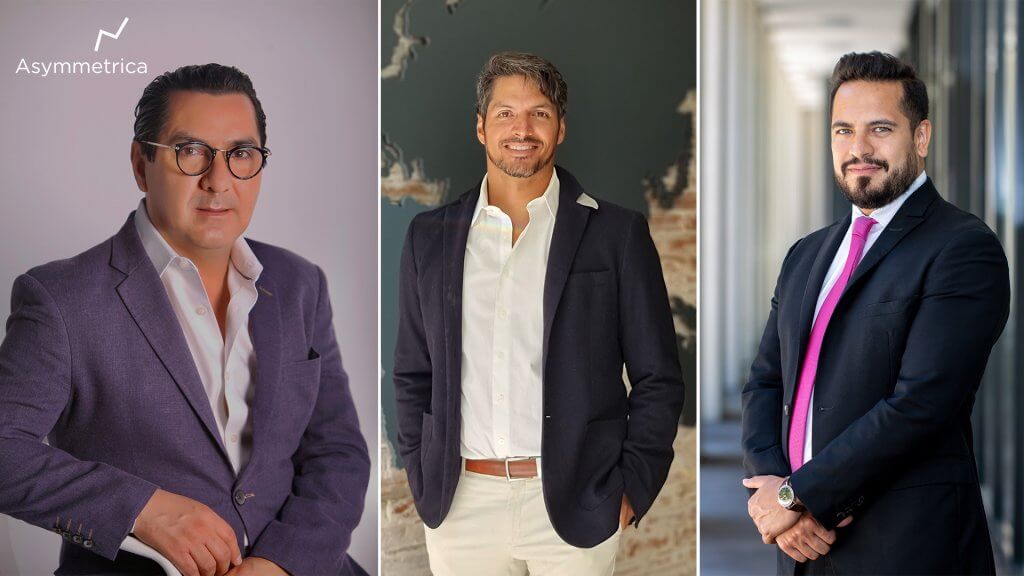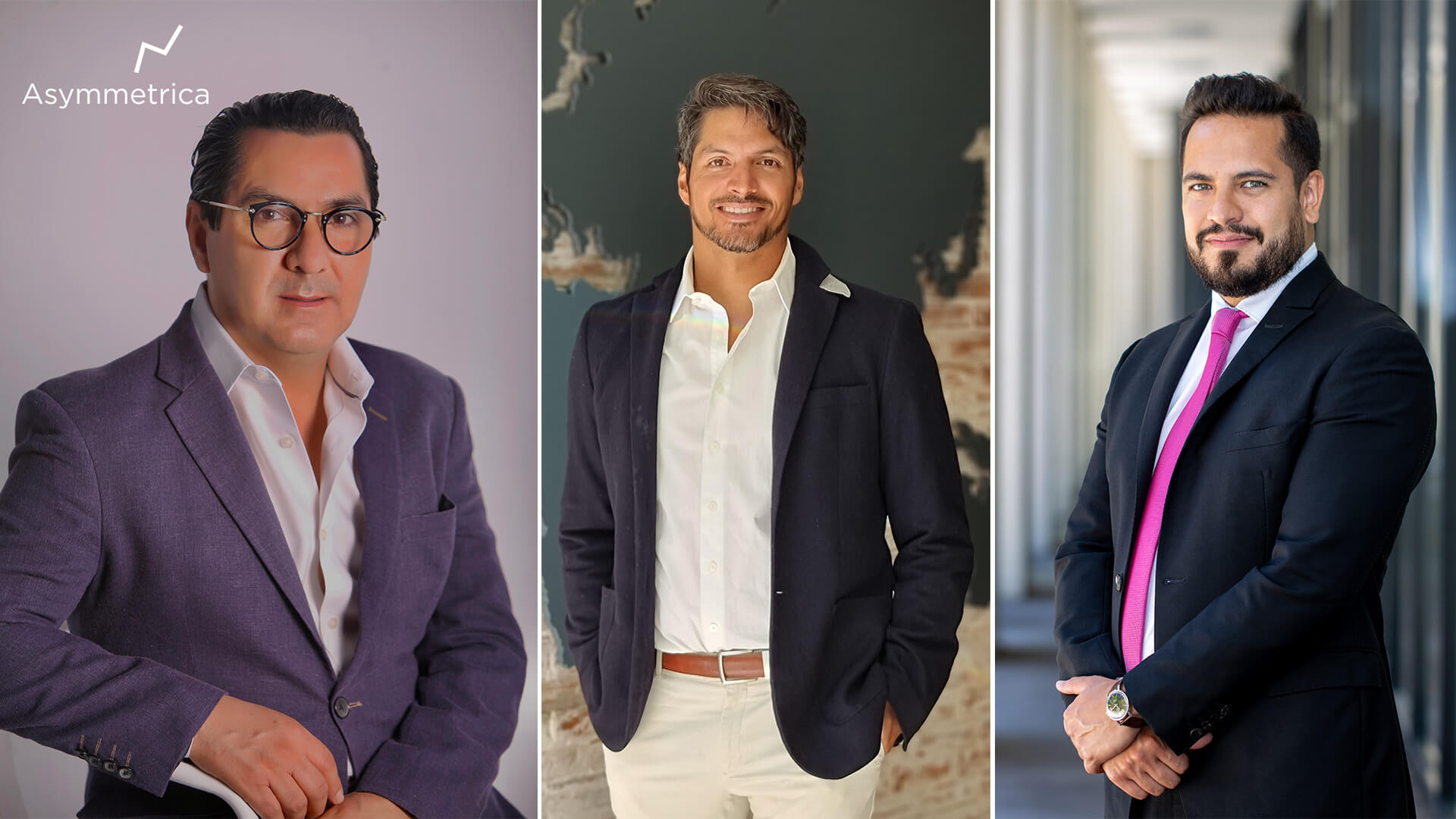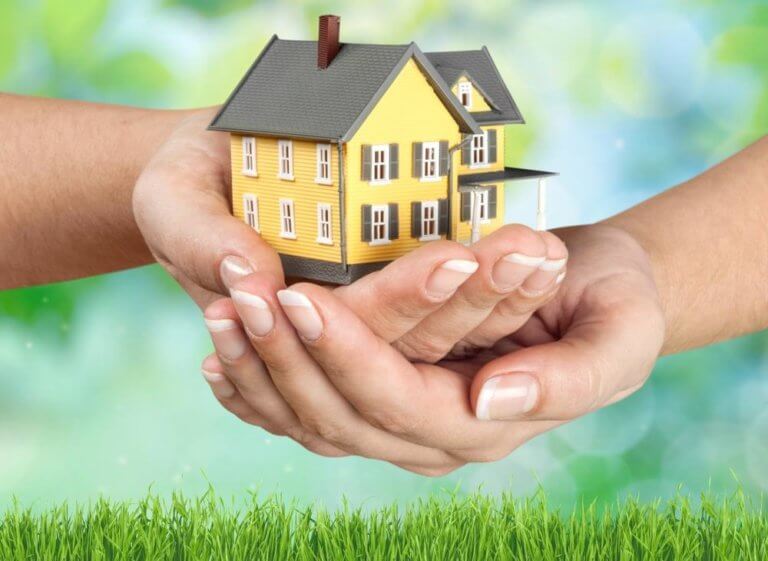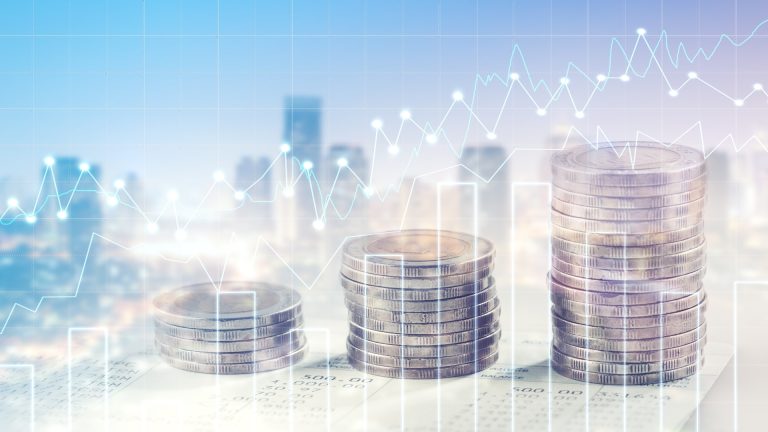
Sustainability is a word which has become highly valued in all circles. As we look for ways to help preserve our planet, it’s essential to consider how we use our natural resources. Conserving our natural resources has become a priority for many individuals, companies, and even entire nations, and billions of dollars have been pledged to Sustainable Development Goals (SDGs) created by the United Nations.
When we think of environmental footprint, agriculture is one of the most overlooked, misunderstood, and underutilised resources to live more sustainably. With half of the world’s habitable land used for this purpose, it is there that the team from Asymmetrica Investments comes in with sustainable methods to supply food for our growing population.
Having achieved remarkable success in the Ethical Finance Awards from Wealth and Finance International, where the firm was named Best Agricultural Impact Investment Firm 2022, we thought it was the right time to talk to the team to uncover how they earned such a remarkable accolade.
1. Firstly, please give us an overview of your company and your work.
Asymmetrica Investments is a Swiss company that specialises in investments in sustainable agricultural assets. Currently, the firm is the advisor to the world’s first investment vehicle specialised in sustainable avocado production, AVO Oro Verde.
Before Avo Oro Verde, investments in Avocado Orchards in Mexico were hardly accessible for anyone outside the avocado industry. Most of the time, only local growers or existing avocado companies could benefit from the expanding avocado industry in Mexico.
Every year, avocado consumers worldwide would see an increase in the prices of avocados or avocado farms without being able to join this enterprise effectively. People could only invest in listed global companies like Calavo Growers or Mission Produce. These investments do not resemble farmland ownership, as they generate most of their income from trading, not the avocados’ production.
In AVO Oro Verde, investors are acquiring real estate, specifically arable land that produces income. So, their investments are backed by tangible assets, in this case, avocado orchards. In general, Farmland investments have two advantages. The first is that investors receive an income from the sale of the avocados, and the second is that the land they acquire appreciates due to inflation.
By investing in an avocado orchard, investors can reasonably expect to benefit from the rise in the prices of avocados. Specifically, an investment in an avocado orchard increases in value as the cost of avocados rises because growers can sell their product at a higher price.
On the contrary, generally, when avocado prices increase, companies like Calavo Growers or Mission Produce have lower profitability; this change in profitability usually reflects a lower share price. The main reason is that the margins and profitability of companies shrink when there is a rise in their input prices.
In 2019 AVO Oro Verde came up with a solution that enabled the global audience to invest in avocado orchards. Because of that, Mexicans and foreigners can now invest in sustainable avocado orchards in Mexico.
2. How can avocado orchards be sustainable?
Agriculture is not intrinsically unsustainable but often poorly managed. For instance, more than 95% of all day workers in agriculture do not have a pension or any access to health care insurance. Not having these benefits is the reality for more than 5 million people in Mexico. People are at the heart of any organisation, and we encourage our partners to insure their workers and their families under state-run insurance. Moreover, we also support using organic pesticides to have better food and protect our employees from chemicals.
Regarding avocados, a lot has been said about their lack of sustainability. However, like most agricultural products, avocados are not intrinsically unsustainable, but their poor management is untenable.
The problem with avocados starts when producers cultivate avocados in nonsensical places, such as where the irrigation process is not based on rainwater or natural moisture in the soil. In some areas where water can be privatised, it depletes the water reservoirs, affecting the surrounding communities and plantations. Significant changes can be done by having a long-term view, producing in places with the right climatic conditions and adopting a technological-driven organic production.
For instance, by using the proper irrigation process, it can be more water efficient to produce a Kilo of avocados (400-600 L/Kg) than bananas (790 L/Kg) or apples (820 L/Kg). Moreover, rainwater can be collected, stored, and used in the irrigation system if avocado orchards are planted in the right places.
Deforestation is another problem with the sustainability of agricultural products, including avocado orchards. Agricultural expansion drives almost 90% of global deforestation worldwide. In the case of avocado production, it is estimated that it is responsible for 30-40% of recent deforestation in Michoacán. We do not tolerate illegal deforestation. Moreover, we protect natural reserves and keep approximately a third of the land as a forest reserve.
3. What is your core ethos as a company?
Our core ethos is capital preservation and sustainability. We are redefining the meaning of asymmetric investment, opening the door to safe asset-backed agriculture investments for investors looking to minimise their risks and optimise their returns while positively impacting the environment and society in general.
Many people have the wrong impression that by investing sustainably, profitability gets hurt. However, if you take a long-term approach, sustainability is paramount for preserving the ecosystem and our assets.
4. Can you tell us how you are involved in sustainable finance?
We offer access to our impact, sustainability measurements, and best practices to ensure sustainable production and growth. We are in the process of implementing an impact process that consists of three parts.
- Pre-Investment: Exclusion criteria, due diligence process to identify ESG risks, selection of impact strategies that target specific SDGs.
- Management and Measurements: Data collection and monitoring impact performance, sustainability and impact KPIs.
- Reporting: Transparent communication about the impact on partners and clients.
We are also involved in defining what sustainability means in our industry. We actively participate with the AIIMX—the Mexican representative of the Global Steering Group for Impact Investment—to inform about the sustainability of the orchards that we grow and to promote the benefits of sustainable agriculture.
Regarding impact and sustainability, some of the metrics are set by the Principles for Responsible Investment, and others are included in the Impact Reporting and Investing Standards Catalogue, which the Global Impact Investment Network manages.
5. So then, are your investors only sustainable-focused ones?
We only do sustainable projects, but our investors can be anyone who wants high returns with inflation protection and long-term profitability. We educate our investors with specific materials regarding our investments so that they understand the impact of their investment on all the stakeholders.
6. So, as Asymmetrica Investments, what do you value the most?
As a company, we are conscious of our impact and reach and are committed to using this to promote intelligent investments with asymmetric returns and sustainability. Our stakeholders come before our financial gains as we select land and consider the treatment of our workers and their families. Stakeholders also are uppermost in our minds as we decide how much of our land is devoted to producing and how much is set as a natural reserve—considering water availability and environmental purposes.
We also give precedence to our stakeholders’ needs even though we are involved in the Counsels and Associations and devoted to Ethical Finance and Impact Investments. Having fewer, more closely selected assets can still ensure great returns and positively impact all our stakeholders. We value the opinion and perceptions of our investors, partners, farmers, clients, and providers and the environment in which we perform our business.
7. What are your plans?
We plan to expand operations to Colombia and Africa, expanding our reach and offering exposure to new markets with interesting returns. We believe that emerging markets will play a central role in food security. Africa has 60% of the world’s uncultivated arable land.
Watch a Video of our Avocado Orchards

Contact Details:
Company: Asymmetrica Investments
Name: Mauricio Mérigo
Email: [email protected]
























